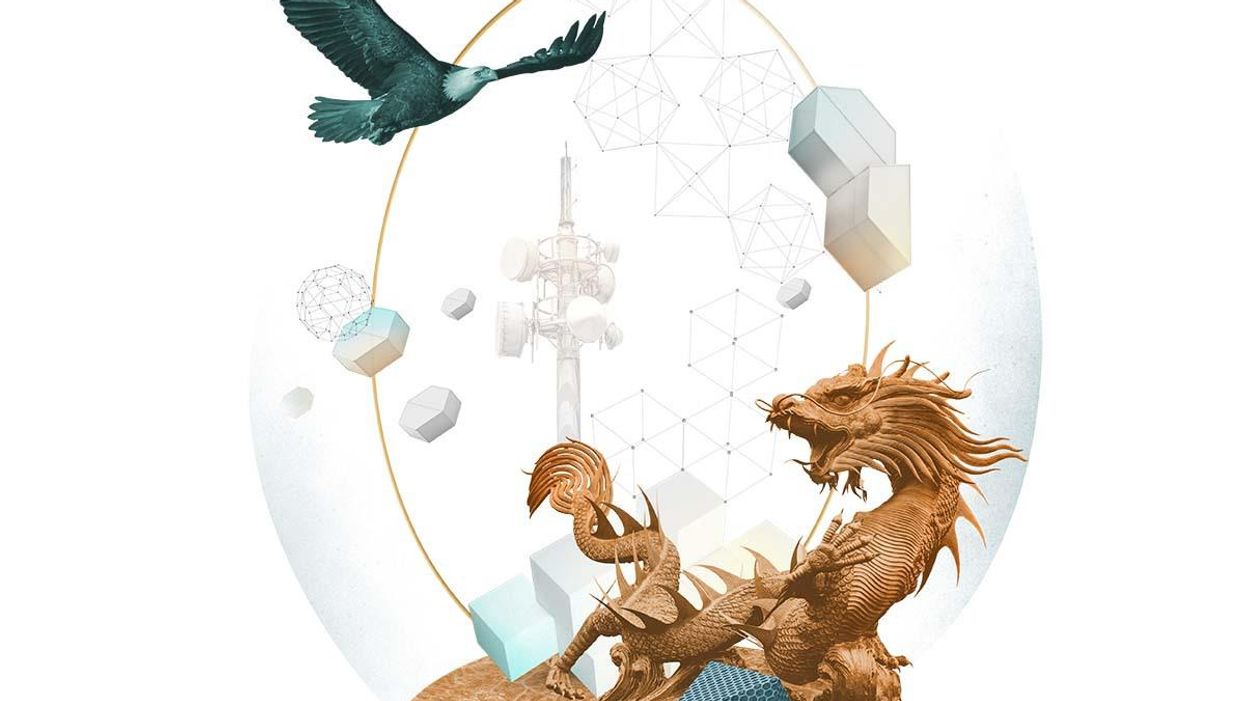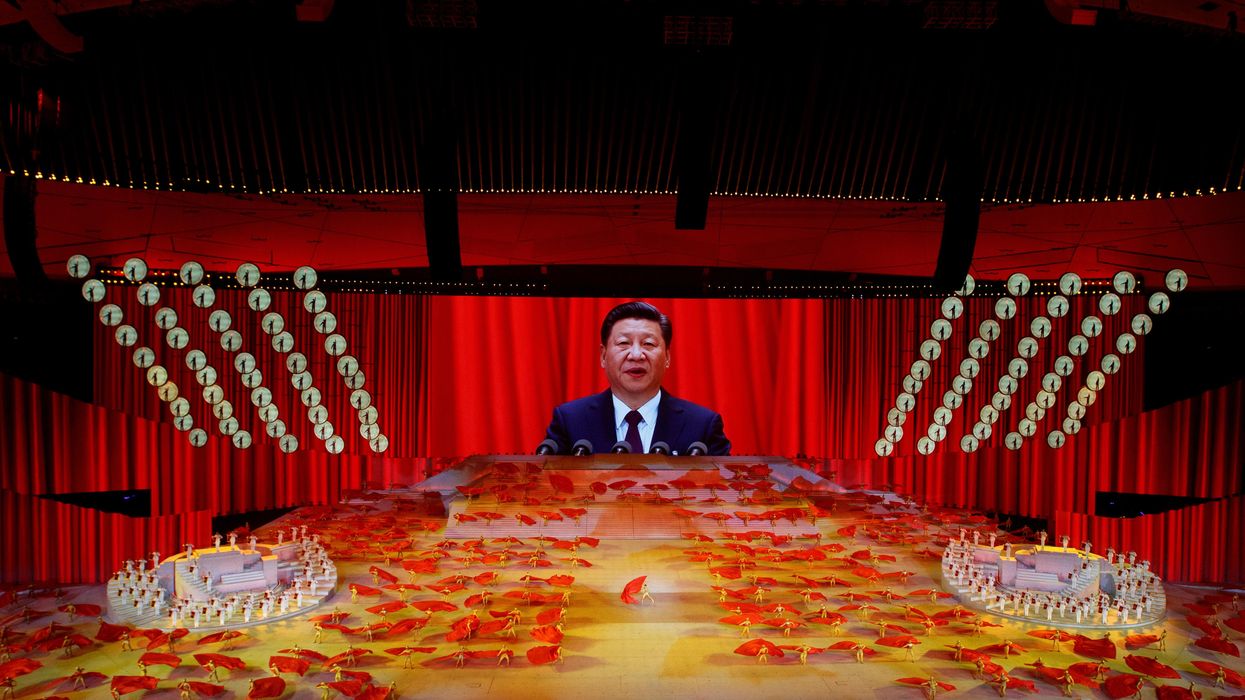Living Beyond Borders Podcasts
Episode 6: Common prosperity, coal, and competitiveness: The US and China (part II)
Listen: The relationship between the US and China is rapidly evolving. Economic and political decisions made today will impact power dynamics in both the near and long term. We'll examine the Chinese government's plans to shape industries, continue its domestic growth, and deliver on commitments made to reduce greenhouse gas emissions. Plus, we'll explain what those decisions may mean for Chinese and US investors in the near future.
Nov 18, 2021


